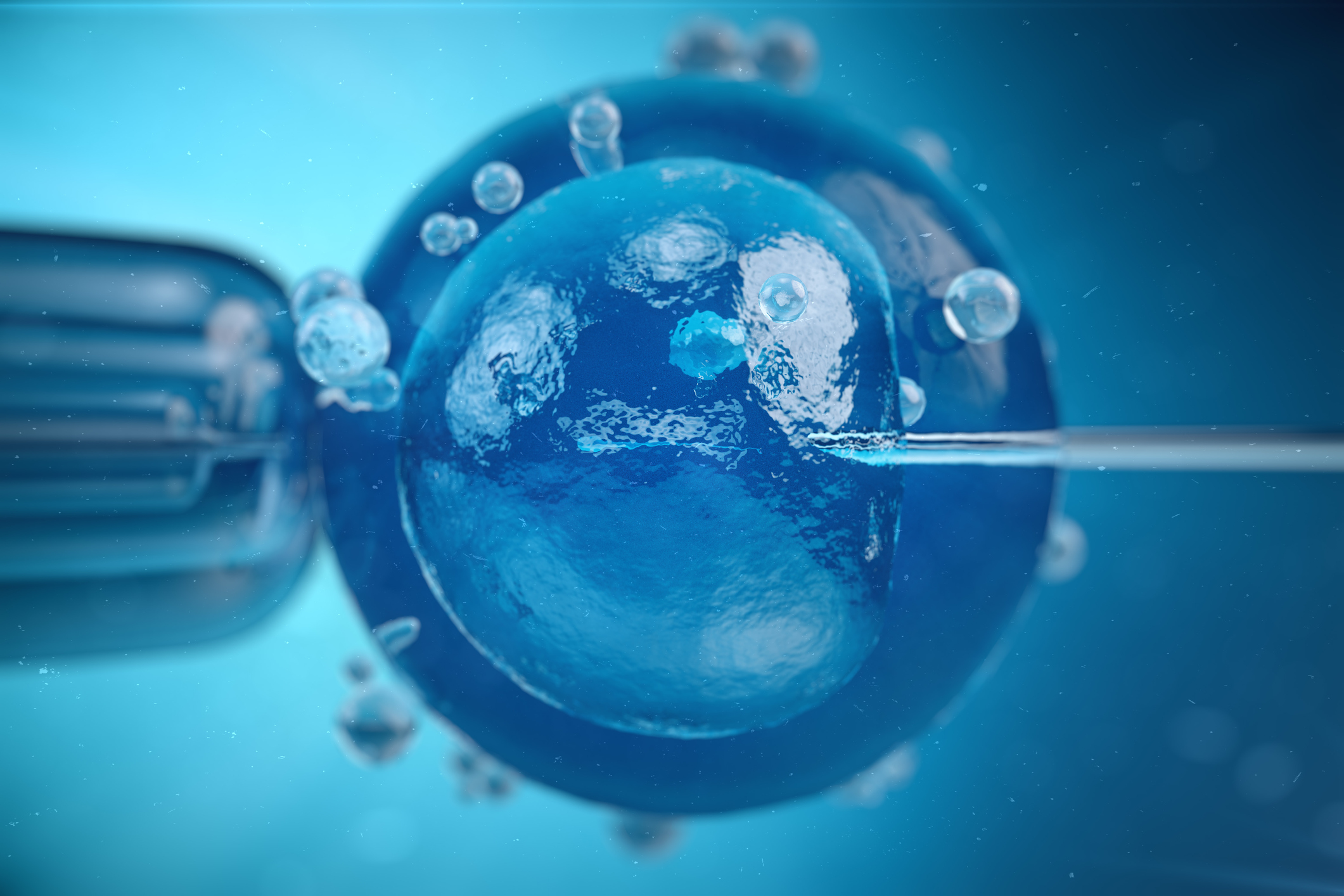Japan plans to create a law to restrict gene editing of fertilized human eggs to basic research and ban such eggs from being returned to the uterus, sources close to the matter said Friday.
Deeming that penalties are necessary to prevent abuse of the controversial procedure, the Cabinet Office is expected to propose the legislation at a bioethics panel's meeting on April 22. The science and health ministries will discuss the specifics before making a decision in the fall, the sources said.
The move comes after a Chinese researcher announced in January that a twin had been born with edited genomes, igniting international debate over the ethics of the procedure and calls within Japan for a law restricting use of such technology.



